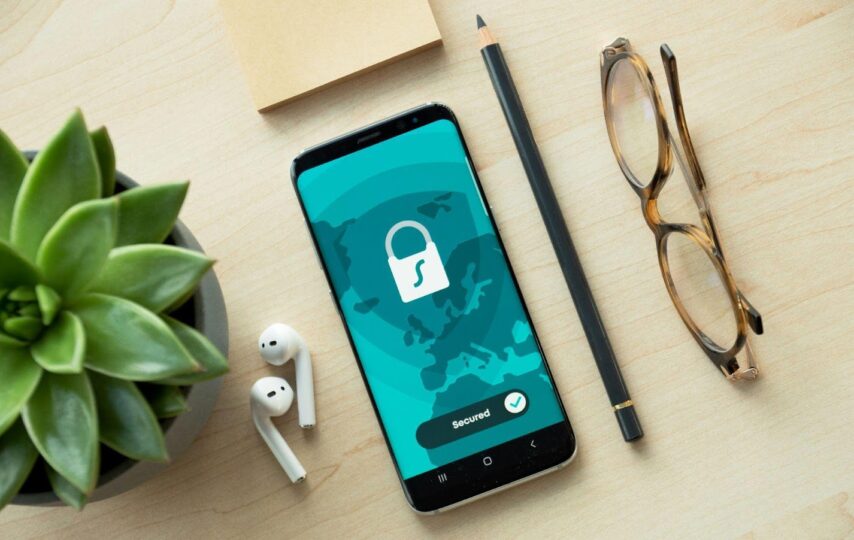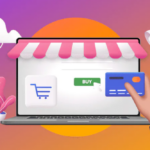In the modern world, it’s more important than ever that we understand and recognise the importance of keeping data secure. With so much of our lives now lived online, we generate and publish a vast amount of data about ourselves every day. Whether it’s taking pictures and videos, posting on social media sites or even just casually browsing the web, all of this creates data.
Unfortunately, there are people out there who may use your data against you in some way. Cybercrime is on the increase all over the world, and people are often learning the hard way just why data protection is so important. In this article, we’ll share the importance of securing your data and how to keep yourself safe.
Backing Up Important Files
Whether it’s pictures of family, work documents or even just personal files, it’s important to back these files up in case they become lost or corrupted in some way. Just as it’s possible to lose a physical photograph, it’s unfortunately possible to lose the digital version. Hardware can get lost or damaged and some things can be difficult or even impossible to replace. For this reason, it’s important to back up all of your important files.
One of the simplest ways to back up your files is by saving duplicates onto an external memory device. USB sticks are a good choice as they’re highly portable and easy to use. They can be plugged into a USB socket on your computer, and many USB sticks can also work with SD cards that you can use with phones and cameras. A good alternative to physical memory storage is backing up your data on the cloud. The cloud offers more space and while it’s possible to lose your password, you can’t misplace it like with an external hard drive or memory stick.
If you’re backing up sensitive data such as financial information or work documents, make sure you encrypt it first. Encryption locks your files behind a password, ensuring they can’t be accessed by criminals.
Avoiding Cybercrime
Cybercrime is unfortunately on the increase, with a growing number of reported attacks each year. Big businesses are usually the main target of ransomware and phishing attacks. However, regular people are sometimes targeted too and the best way to avoid being a victim is to ensure your data is secure properly.
Identity theft is a major problem for millions of people, with criminals using unsecured data to open bank accounts, access personal logins and potentially commit fraud in your name. To avoid falling victim, you should be careful about how much information you reveal online and which sites you use. In addition, it’s important to use different passwords for every site you use and make sure they’re strong and difficult to guess.
To avoid phishing attacks, you should be wary of any message that you’re unsure of the source. Always double check the name of the sender and the email address used. Often, criminals will construct very realistic looking emails using the logos and names of real companies. Avoid clicking on suspicious links and don’t give out your account information to anyone.
Improving Privacy
You can improve your privacy by being more cautious about what you share online. This will help you stay in control of your data and also mean you’re less likely to fall victim to cybercrime. This doesn’t mean you have to stop posting on social media or sharing things with friends. However, you should be careful about who follows you and who can see your posts.
Additionally, it’s a good idea to limit the cookies that are saved when browsing websites. Browser cookies save information on your browsing sessions, telling websites what you’ve looked at and other information which is used for marketing purposes.








